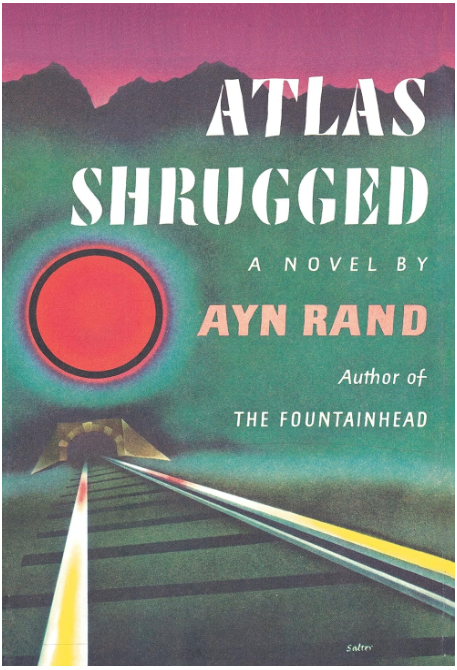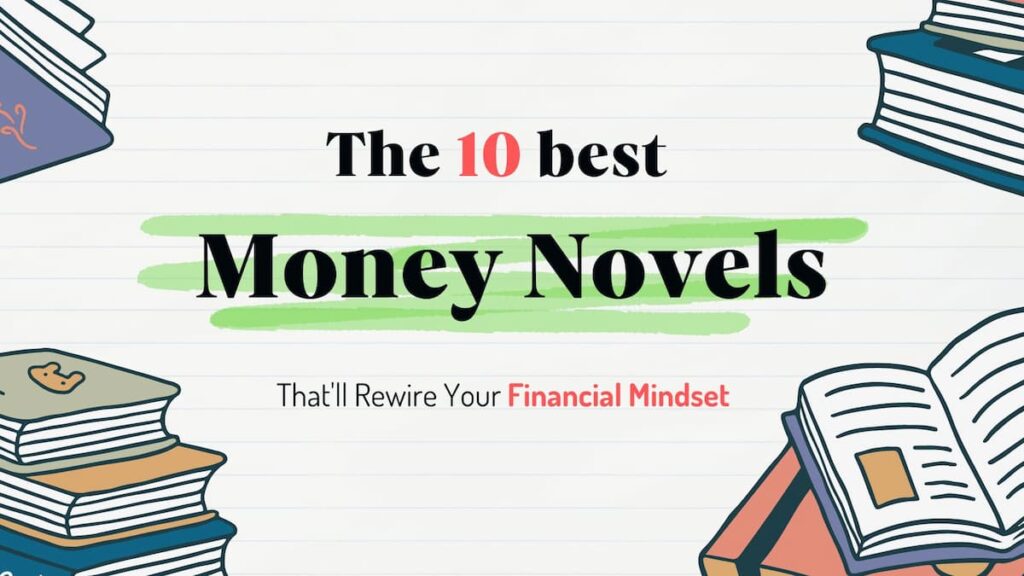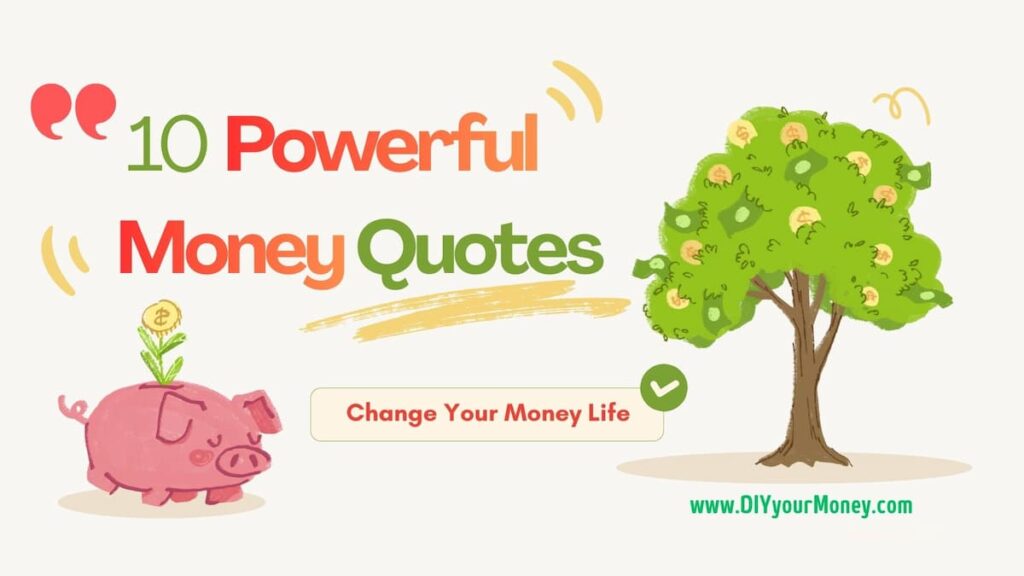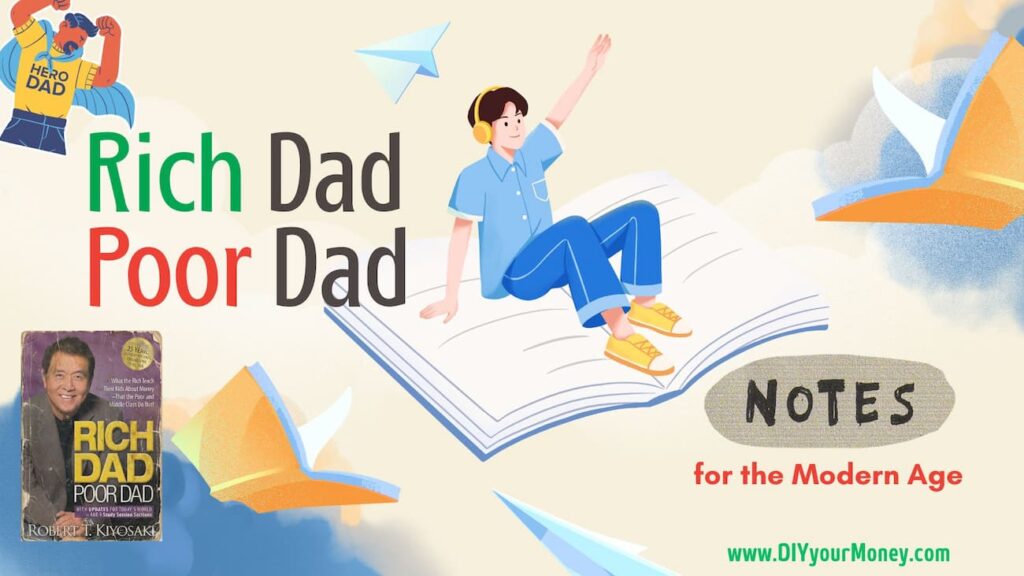Transform Your Financial Perception: 10 Money Novels That'll Make You Think 📚
Don’t you love the sensation of curling up in a favorite nook to devour a novel that transports you to another world? What if that book could also empower you with insights to help transform your relationship with money? Fictional narratives can be one of the most palatable ways to absorb profound life lessons.

In the world of literature, money is a common subplot, offering a fertile ground to explore themes of power, greed, philanthropy, and the human heart’s battle in managing it all. In this post, we’ll explore ten novels that work your mental muscles by challenging and reshaping your financial perspective.
1. "The Great Gatsby" by F. Scott Fitzgerald
F. Scott Fitzgerald’s classic creation revolves around wealth, ideology, and the American Dream. It beautifully portrays how an insatiable quest for money can lead to a life of emptiness.
Key Takeaway
- The illusion of infinite wealth often conceals the reality of profound unhappiness.

“Compound interest is the eighth wonder of the world. He who understands it, earns it … he who doesn't … pays it.”
- F. Scott Fitzgerald Tweet
2. "Pride and Prejudice" by Jane Austen
This timeless classic analyzes society’s obsession with wealth and status through the prism of the 19th-century marriage market.
Key Learnings
- Money can influence love and relationships.
- Material prosperity is not the sole determinant of happiness.

"It is a truth universally acknowledged, that a single man in possession of a good fortune, must be in want of a wife."
- from the novel Tweet
(Opening line) – This iconic line sets the stage for the novel, showcasing how wealth can be a magnet for social attention and marriage prospects, but also suggesting it may not guarantee happiness or fulfillment.
3. "A Christmas Carol" by Charles Dickens
Dickens’s novel is a brilliant meditation on the transformative power of generosity.
Lessons Learned
- Wealth cannot replace the human connection.
- Altruism can lead to profound personal transformation.

"There are many things from which we might have been better off without."
- The Ghost of Christmas Present Tweet
4. "Atlas Shrugged" by Ayn Rand
Ayn Rand’s controversial venture illustrates a society where innovators refuse to contribute their intellectual and physical labor due to oppressive regulations. It’s a masterwork of philosophy, economics, and political theory.
Notable Understandings
- The value of individual achievement and intellectual property.
- Unrestricted greed can derail a society.

"Money is only a tool. It will take you wherever you wish, but it will not replace you as the driver."
-From the novel Tweet
5. "Rich Dad Poor Dad" by Robert Kiyosaki
Although it’s not traditionally a novel, “Rich Dad Poor Dad’s” storytelling style provides enough narrative to make it on this list.
Core Messages
- Understanding the difference between an asset and a liability.
- The importance of financial education.

"The rich invest money and spend what is left. The poor spend their money and invest what is left."
-Robert T. Kiyosaki Tweet
6. "The Alchemist" by Paulo Coelho
The Alchemist illustrates that true wealth isn’t about accumulating material possessions but about personal growth and self-discovery.
Major Insights
- Chasing dreams is more rewarding than chasing money.
- Wealth is connected to personal fulfillment.

"There are many treasures in the desert, but you cannot find them if you do not know where to look."
-From the novel Tweet
7. "Think and Grow Rich" by Napoleon Hill
Not strictly a novel, but Hill expertly mixes narrative with financial advice: a journey through the mindsets of the wealthy.
Key Thoughts
- Developing a wealth mindset to attract prosperity.
- Importance of goal setting for financial success.

"Riches, when they come in huge quantities, are never the result of hard work! Planning. That is the secret."
-From the novel Tweet
8. "The Autobiography of Andrew Carnegie and the Gospel of Wealth" by Andrew Carnegie
Carnegie, one of the wealthiest individuals in American history, shares his rags-to-riches story with key insights about wealth and philanthropy.
Crucial Concepts
- The role of determination and hard work in financial success.
- The moral responsibility of the rich is to distribute wealth.

"The greatest good is done by those who work, not by those who merely talk."
-From the novel Tweet
9. "The Grapes of Wrath" by John Steinbeck
Brilliantly capturing the struggles of the Great Depression, this novel demonstrates the resilience of the human spirit in times of financial turmoil.
Vital Learnings
- Economic downturns can unite communities.
- Money is a means, not an end.

"I got nothin' to sell but my work."
-From the novel Tweet
10. "The Richest Man in Babylon" by George S. Clason
Throughout, the book emphasizes timeless financial wisdom – pay yourself first, control your expenses, invest wisely, and never give up on your journey toward financial freedom.
Essential Learnings
- Financial independence requires conscious action.
- Financial wisdom is timeless.

"The golden stream of income cannot be stopped by small leaks. Let there be no more leaks in thy purse."
-From the novel Tweet
Summary 💰📚
As we close the final chapter, you’ll notice that much of your financial education isn’t about equations, numbers, or banking terms. It’s about understanding the essence of money itself. Each of these books offers unique insights into how money influences our lives, relationships, and aspirations.
Heading back to your bookshelf after this literary financial journey, which book do you think you’ll pick up next?




